Total rewards programs have proven themselves over the past three decades as useful strategies to boost competitiveness while reducing costs and meeting employees’ needs. To assist organizational leaders considering implementation of a total rewards program, the Society for Human Resources Management offers guidance in a comprehensive white paper. The author, Robert L. Heneman, teaches management and human resources in the Fisher College of Business at The Ohio State University and is a recognized expert in the field of total rewards strategy.
Total rewards systems can yield an array of significant organizational benefits.
Total rewards systems combine monetary rewards with nonmonetary rewards to compensate and motivate employees. Total rewards systems date back to the mid-1990s when employers began to transition away from seniority-based rewards toward incentives connected to strategic objectives. Since then, organizations have moved beyond experimentation to full implementation of total rewards systems, and they’ve expanded the strategies they use. A system might include cash bonuses for individual performance, base-pay increases for promotions or length of service, paid time off, retirement programs, training opportunities and coaching.
At the American food maker Rothschild Gourmet Foods, for example, the total rewards system incorporates flexible work schedules and incentives that depend on corporate performance. The company has enjoyed increases in sales, product quality and employee performance along with decreases in costs.
Implementing a total rewards program means undertaking large-scale organizational transformation.
A total rewards initiative requires change throughout the organization...
Robert L. Heneman, a recognized expert in the field of total rewards strategy, is a professor of management and human resources at the Fisher College of Business at The Ohio State University. He has been a strategic compensation consultant for more than 60 public and private-sector organizations throughout the world.



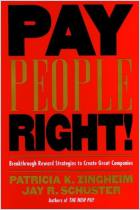
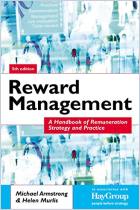
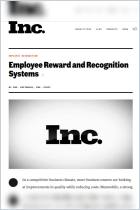
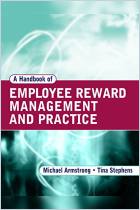
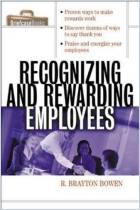




Comment on this summary